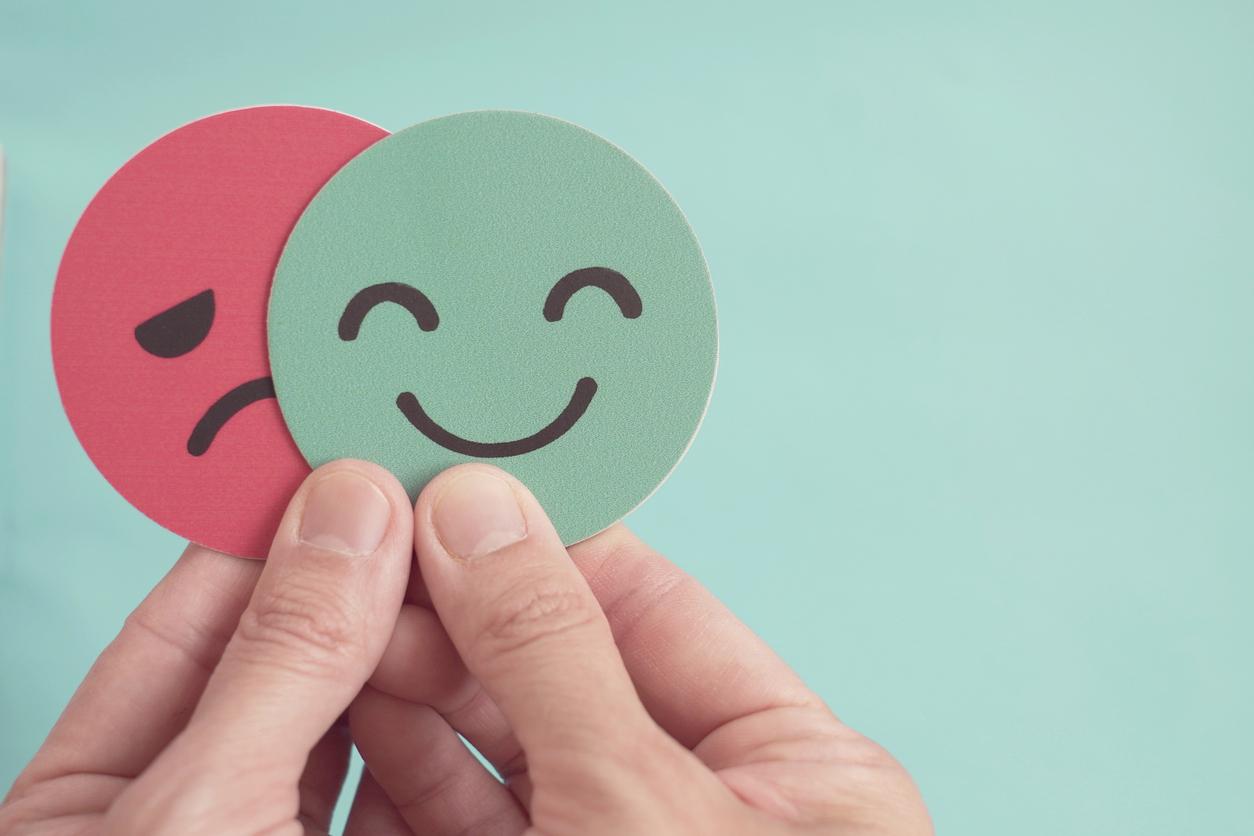Anger is a powerful motivator to achieve one’s goals, according to research from the American Psychological Association.

Anger is one of the seven deadly sins. And yet, it’s not all bad. This emotion, often perceived as negative, can be a powerful driving force for achieving one’s goals, according to a study published by theAmerican Psychological Association.
This research was presented in the journal Journal of Personality and Social Psychology.
Anger makes you try harder
In a series of experiments involving more of 1,000 participants, the researchers tested the role of anger in the achievement of set goals. In one, volunteers were exposed to images designed to elicit specific emotional responses, and then asked to solve word puzzles. In another test, the goal was to achieve high scores in a skiing video game. There was a difficult version (avoid flags on a slalom course) and an easier one that only had one jump.
In both experiments, anger improved participants’ ability to achieve the set goal. “In some cases, it was associated with increased scores or shorter response times. In one experiment, she also increased cheating to get a better result.”specifies the authors in a communicated.
In addition, an analysis of polls conducted during the 2016 and 2020 US presidential elections allowed scientists to notice that volunteers who indicated that they would be angry if their candidate did not win were more likely to vote.
“These results demonstrate that anger increases efforts to achieve the desired goal, which often leads to greater success,” explains lead author Heather Lenchprofessor in the department of psychological and brain sciences at Texas A&M University.
Mental Health : THE mixing of emotions is essential for well-being
For the researchers, their work demonstrates that emotions often considered negative – anger, but also boredom or sadness – can be useful in our daily lives. For them, you should definitely not avoid them. All emotions have their uses.
“People often prefer to use positive emotions as tools more than negative ones and tend to see negative emotions as undesirable and maladaptive,” recognizes the expert. “Our research adds to the growing evidence that a mix of positive and negative emotions promotes well-being, and that using negative emotions as tools can be particularly effective in certain situations”, she concludes.














